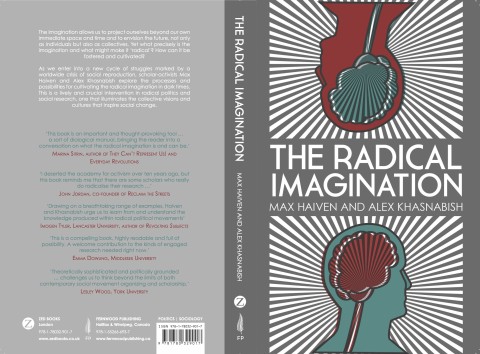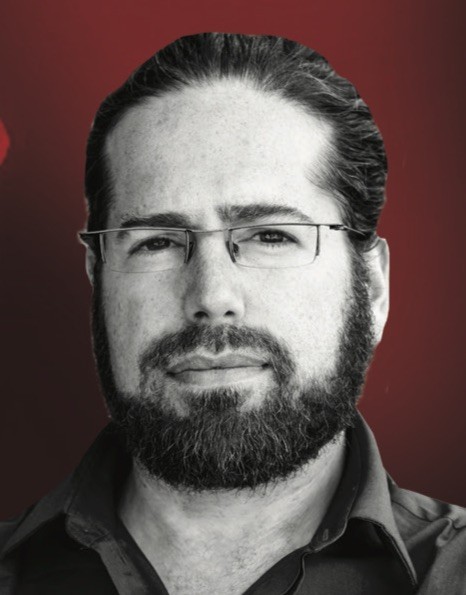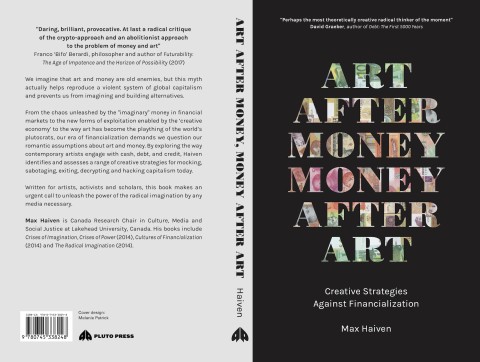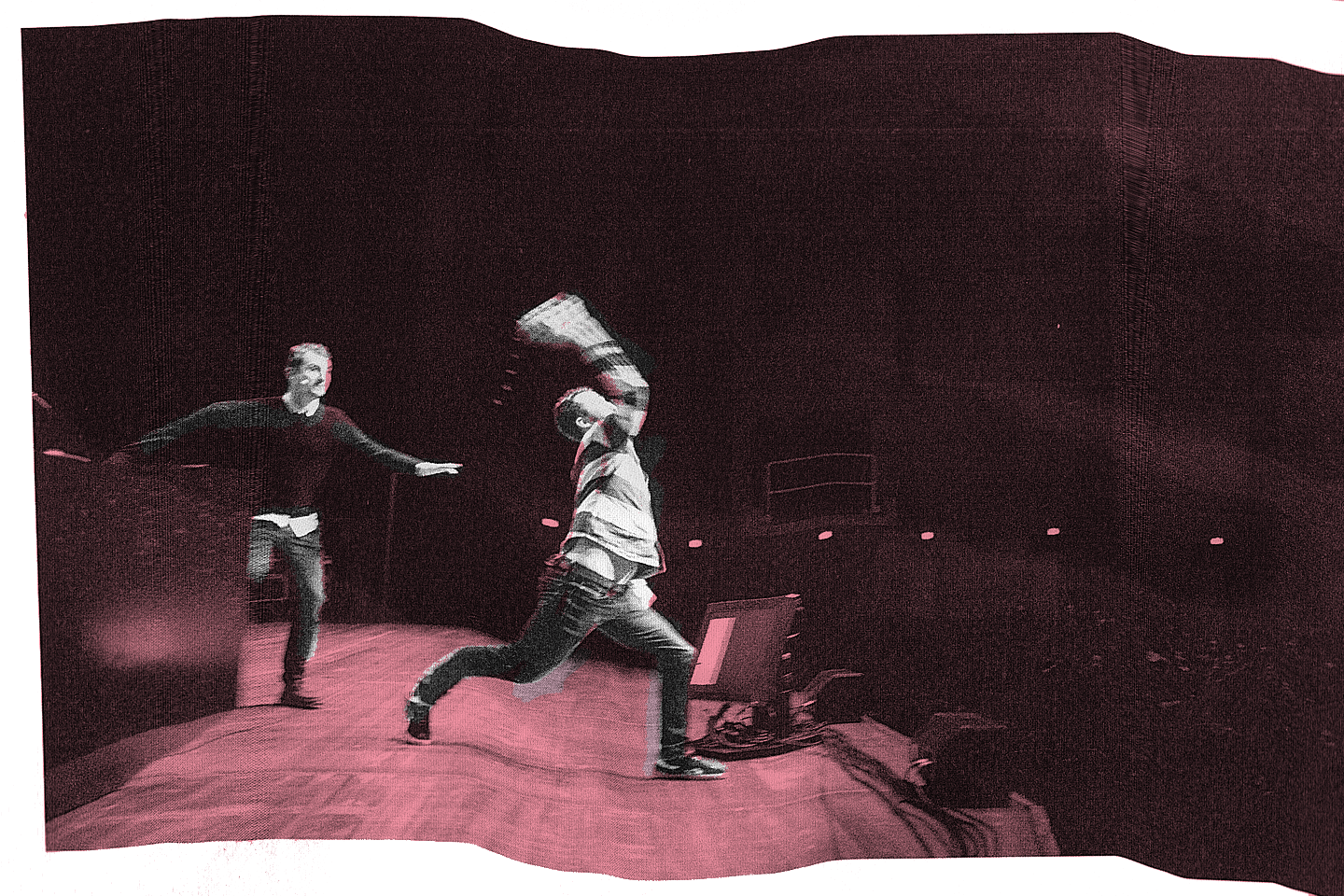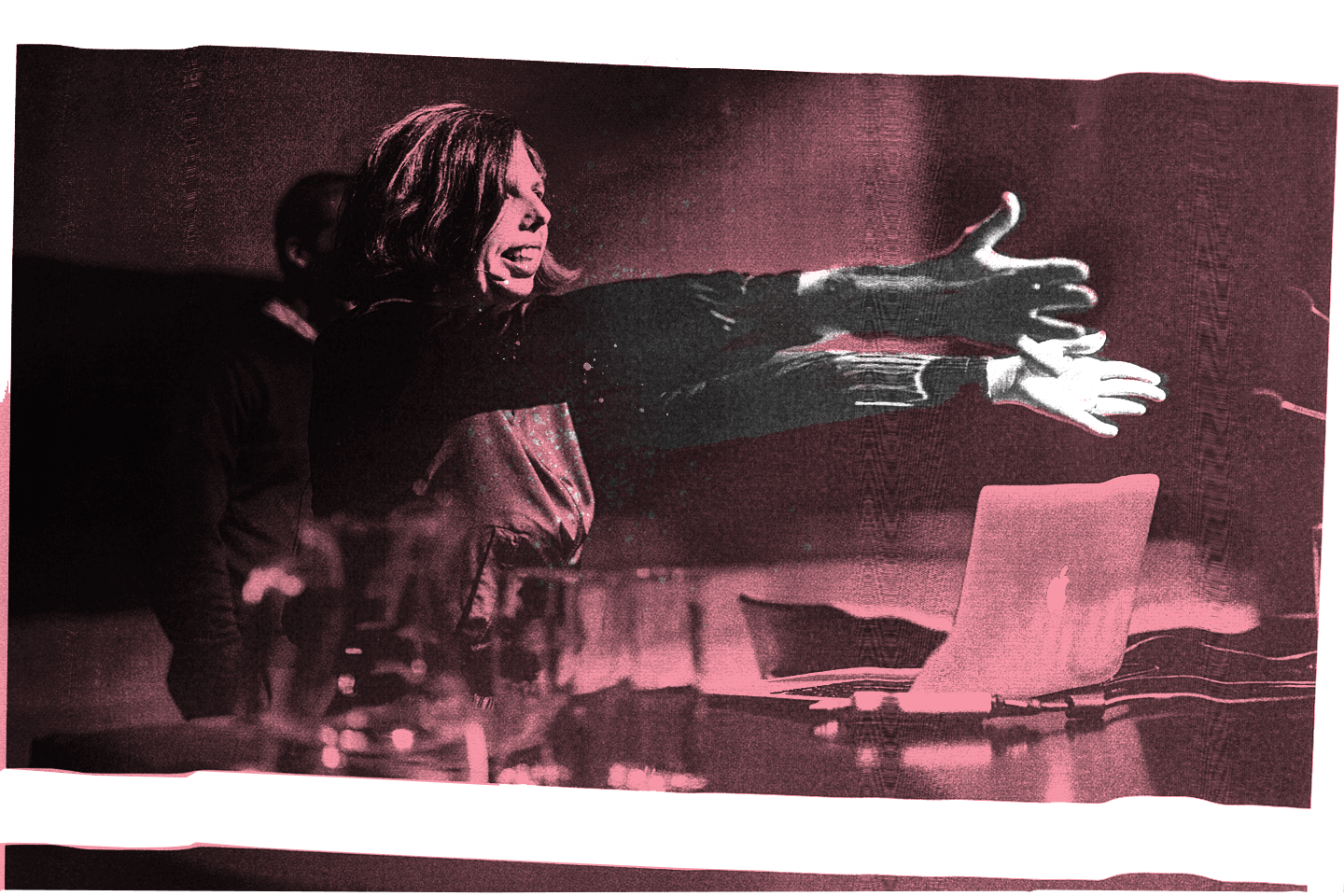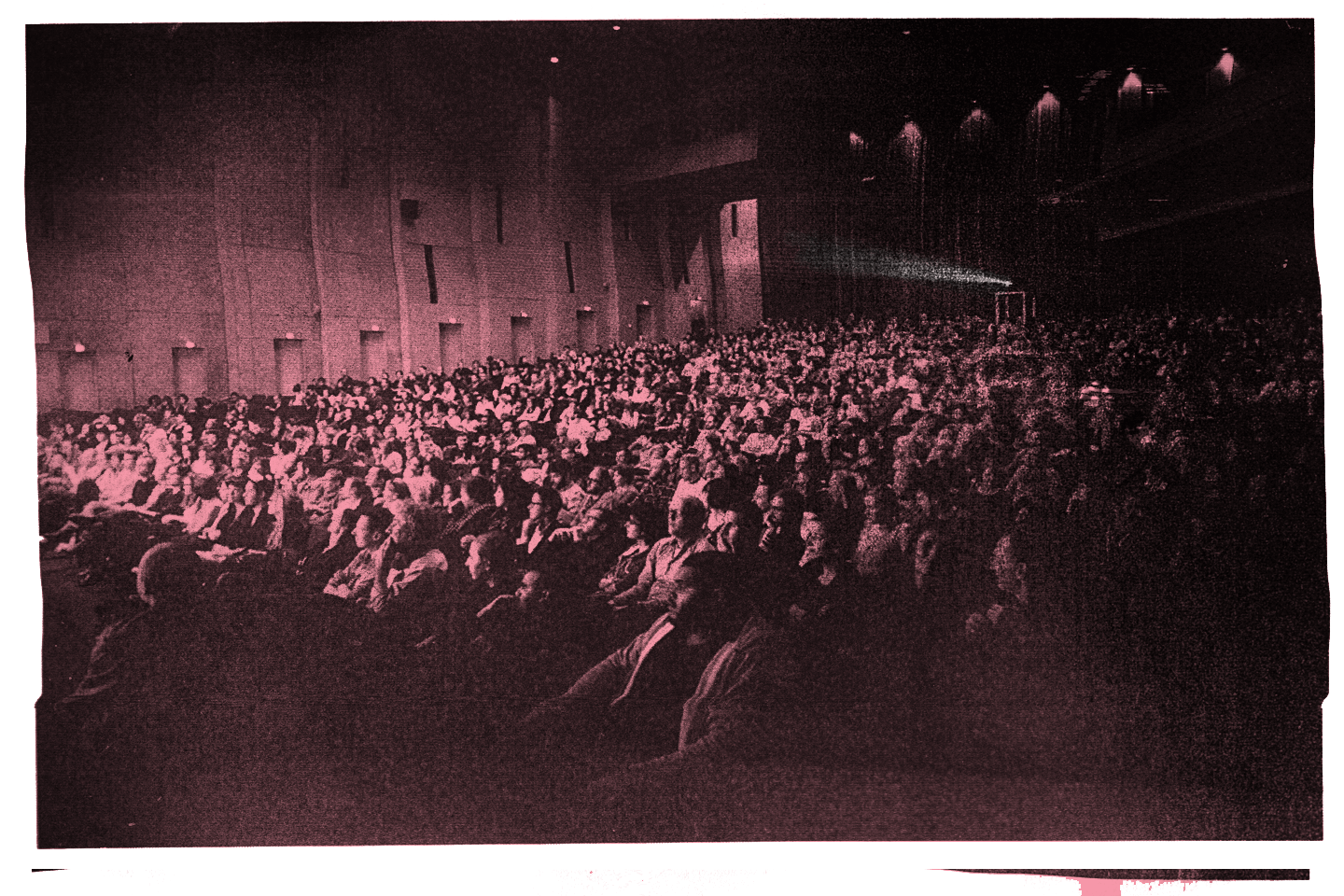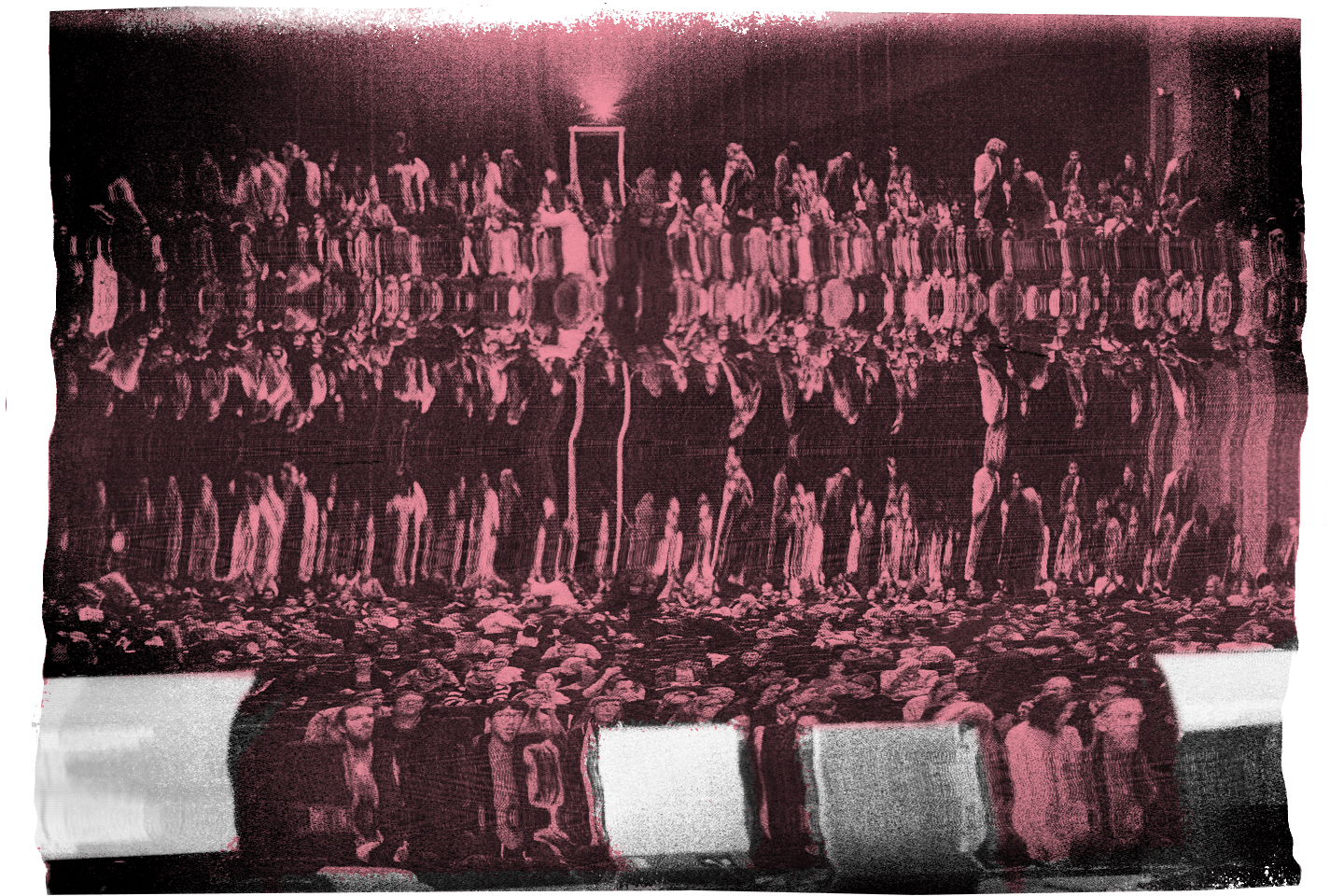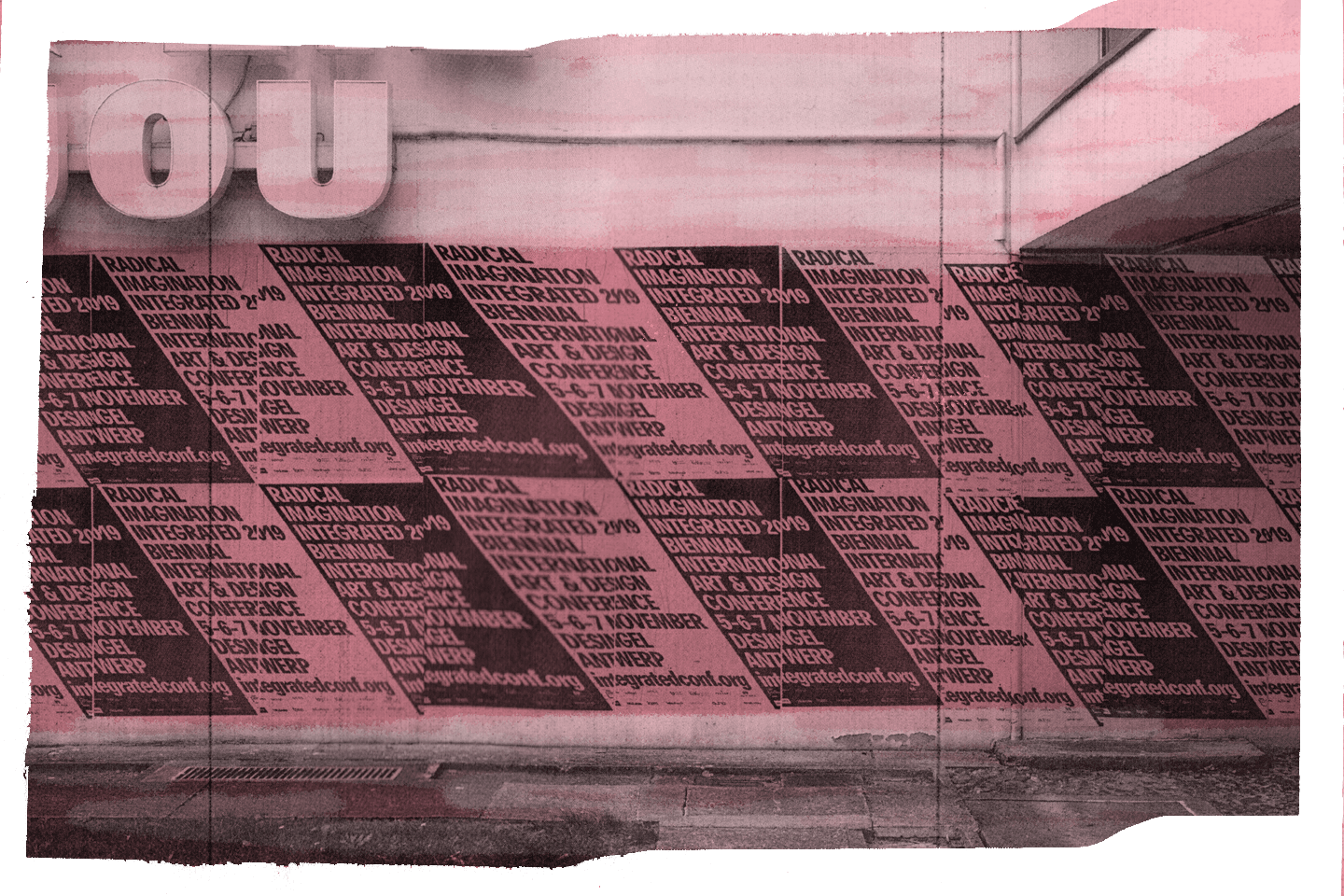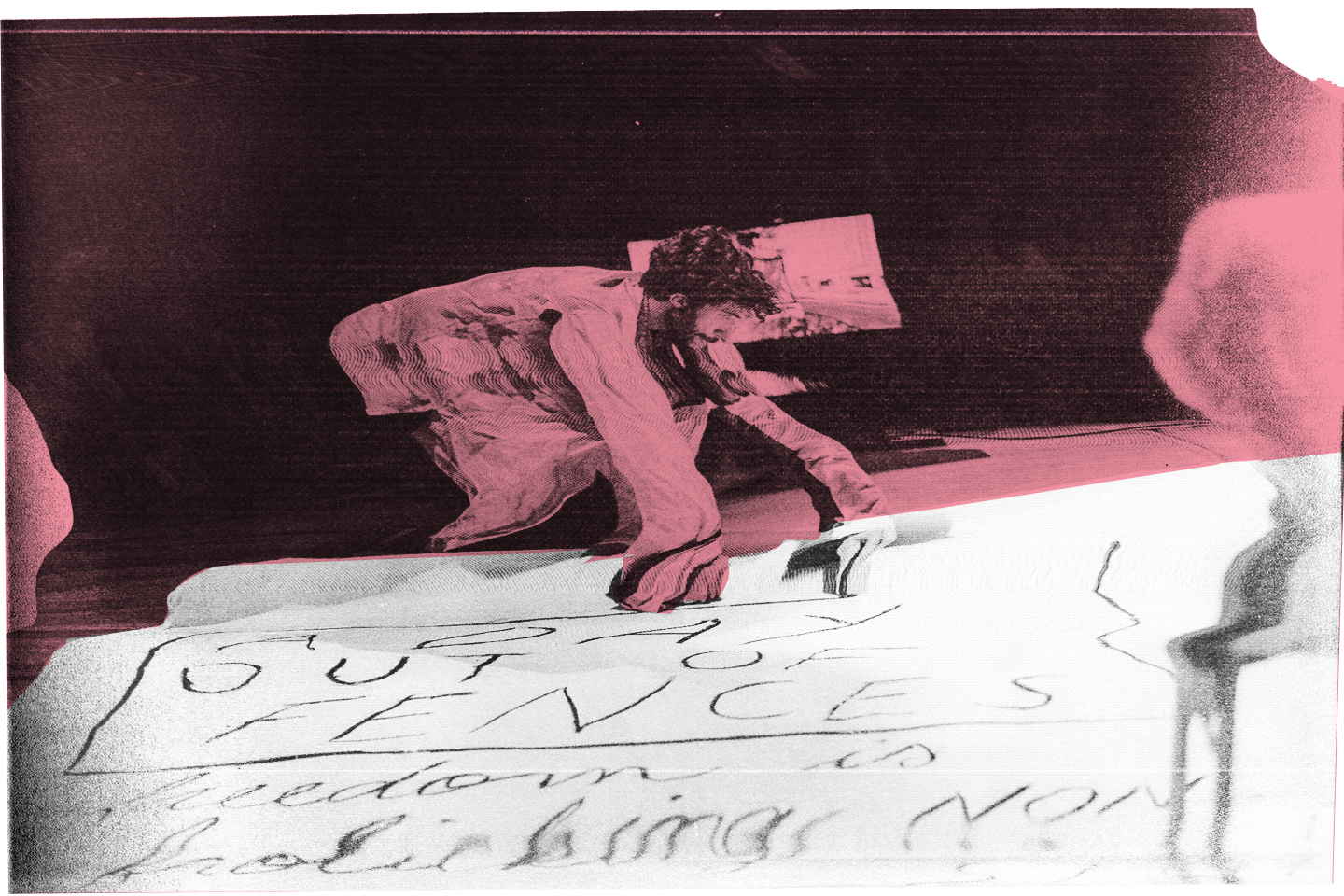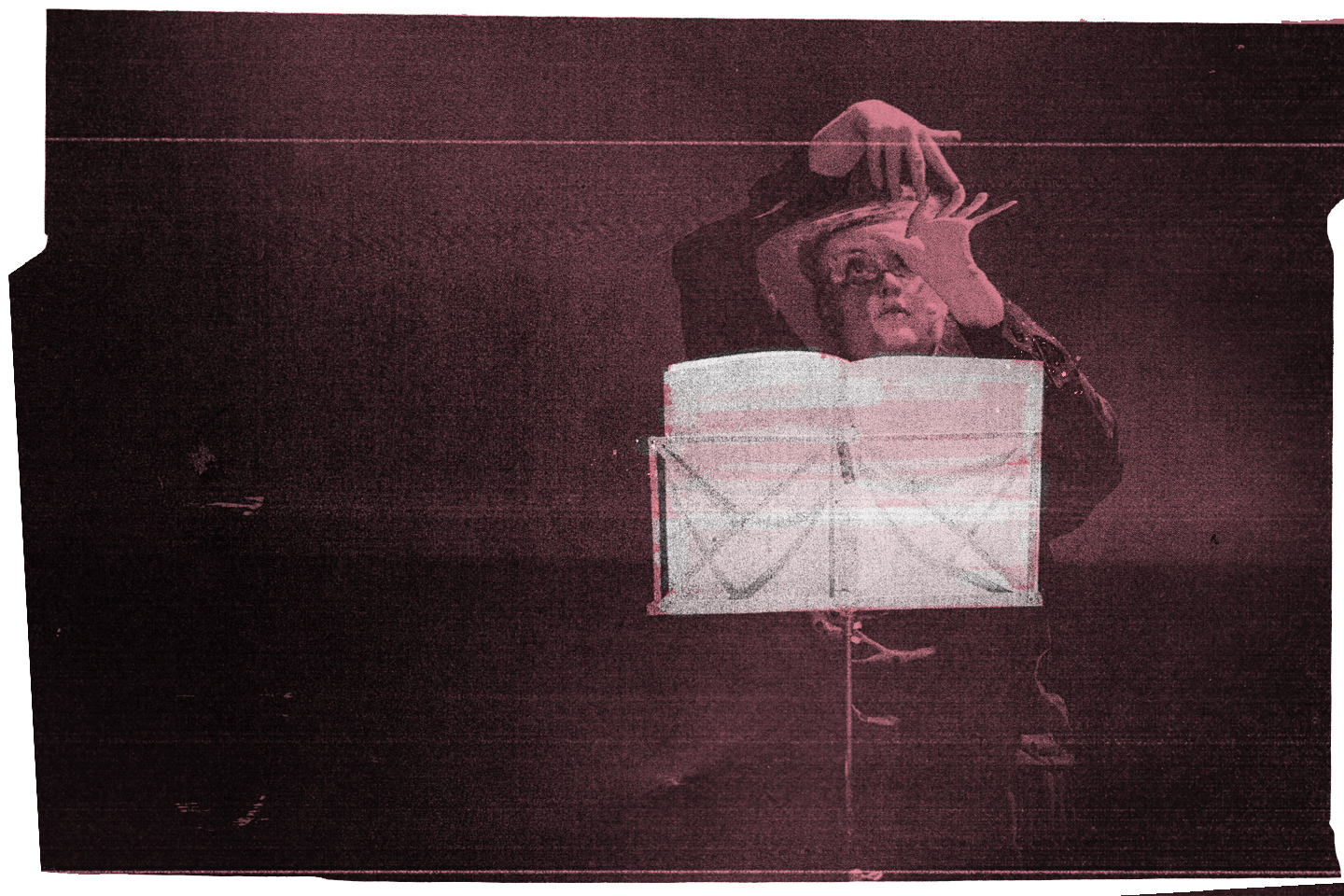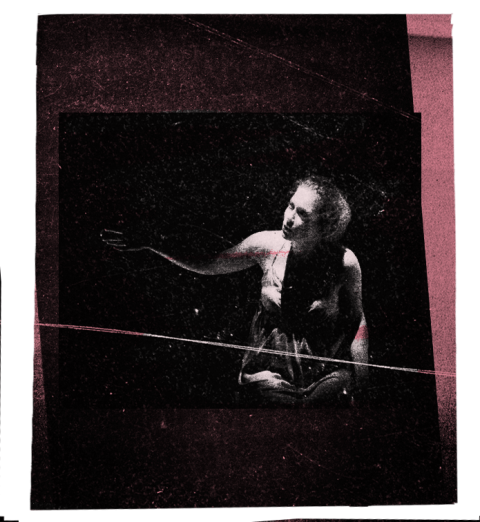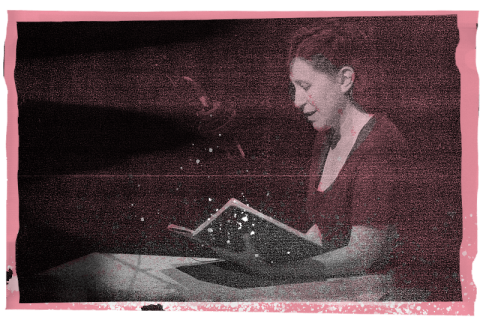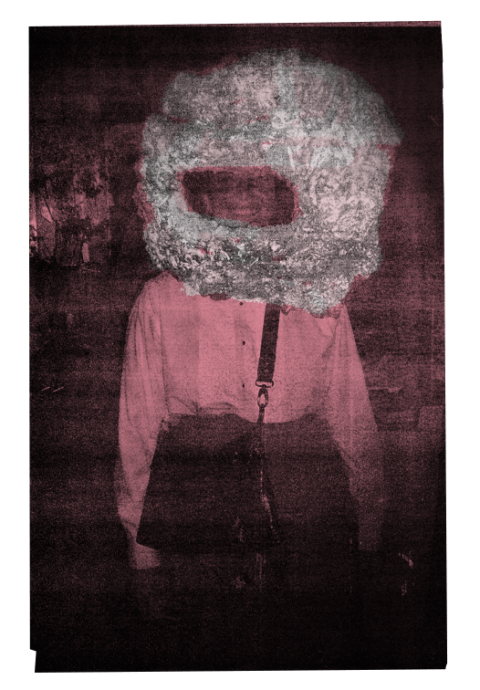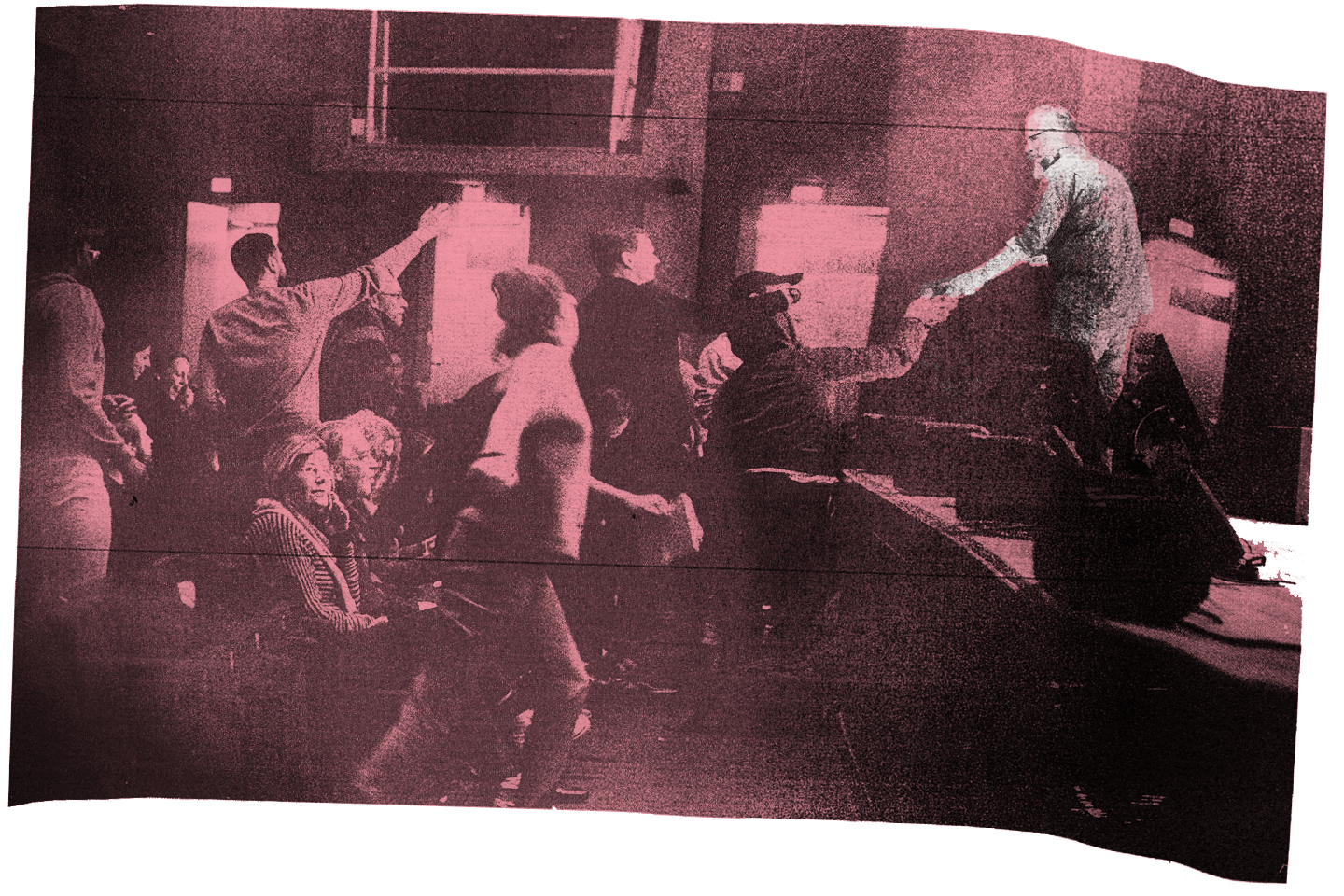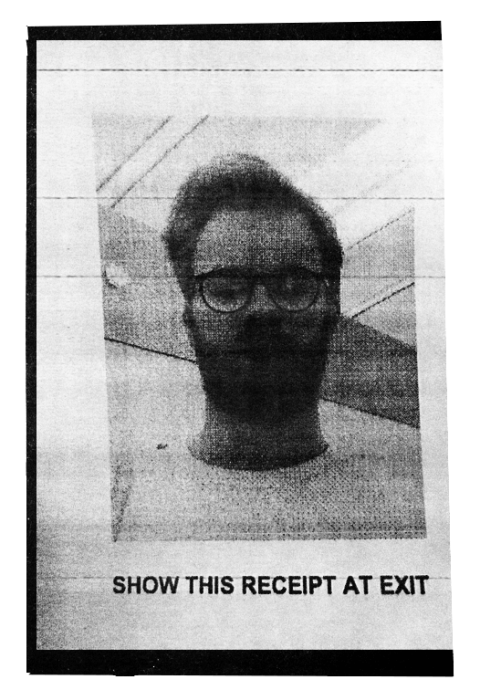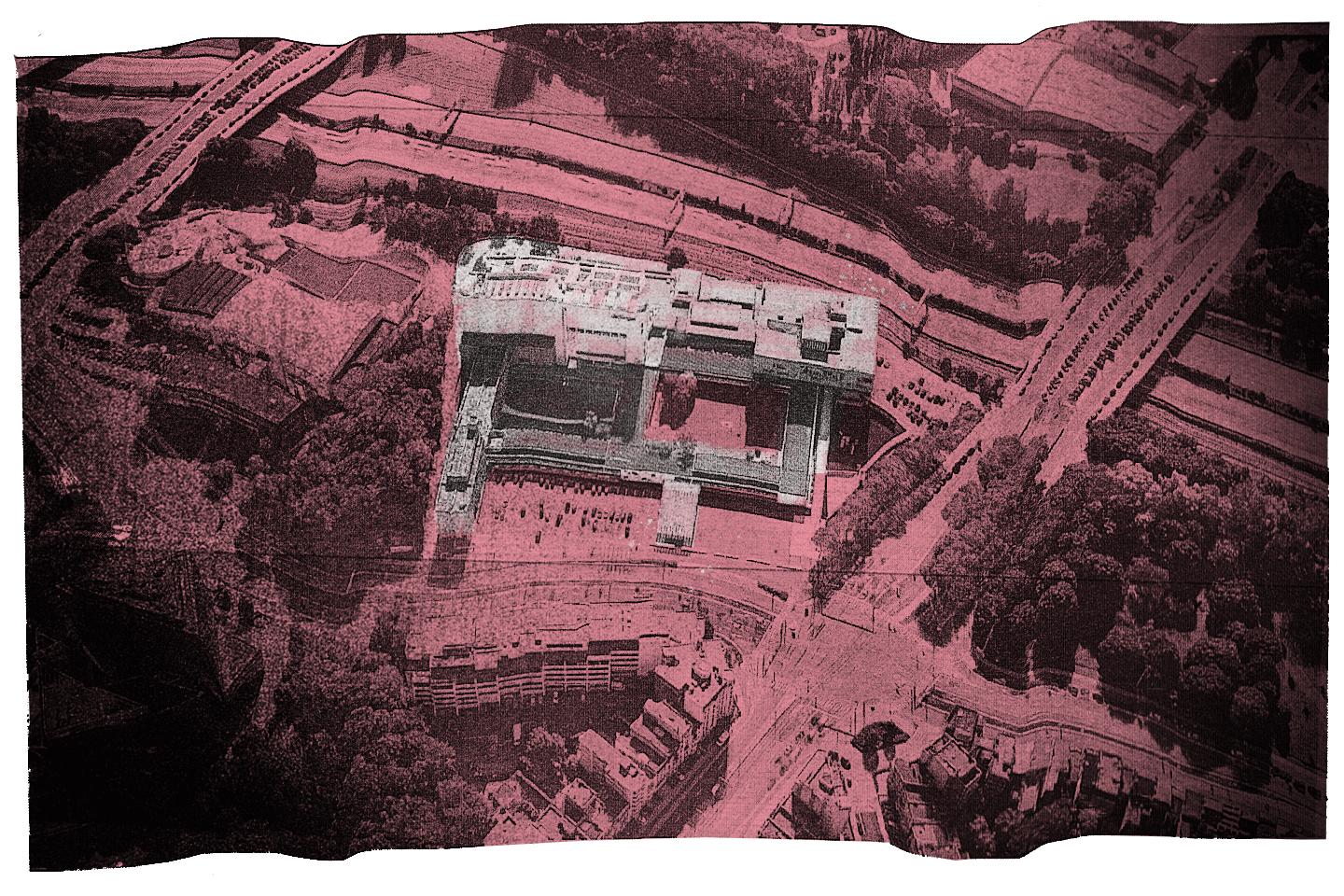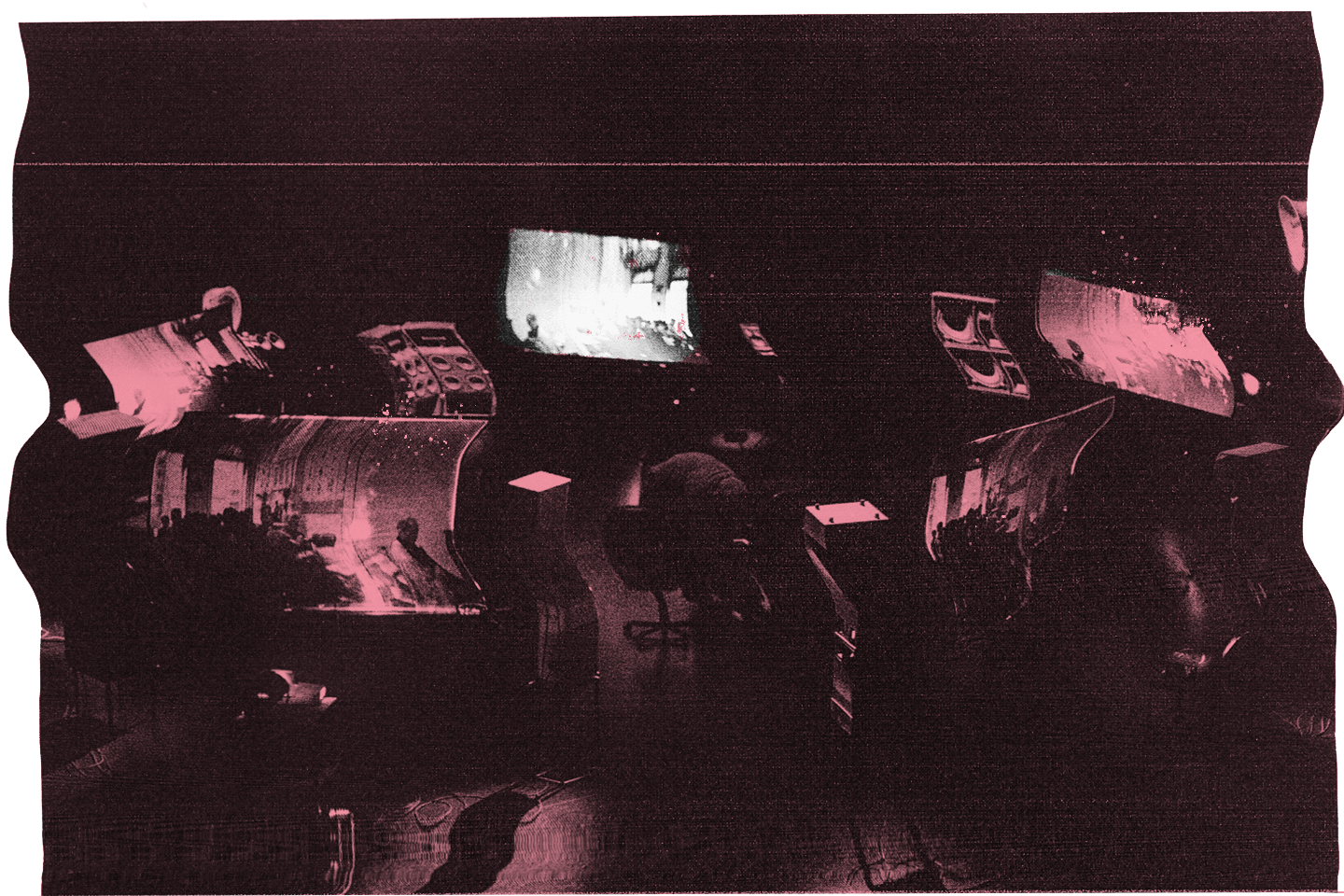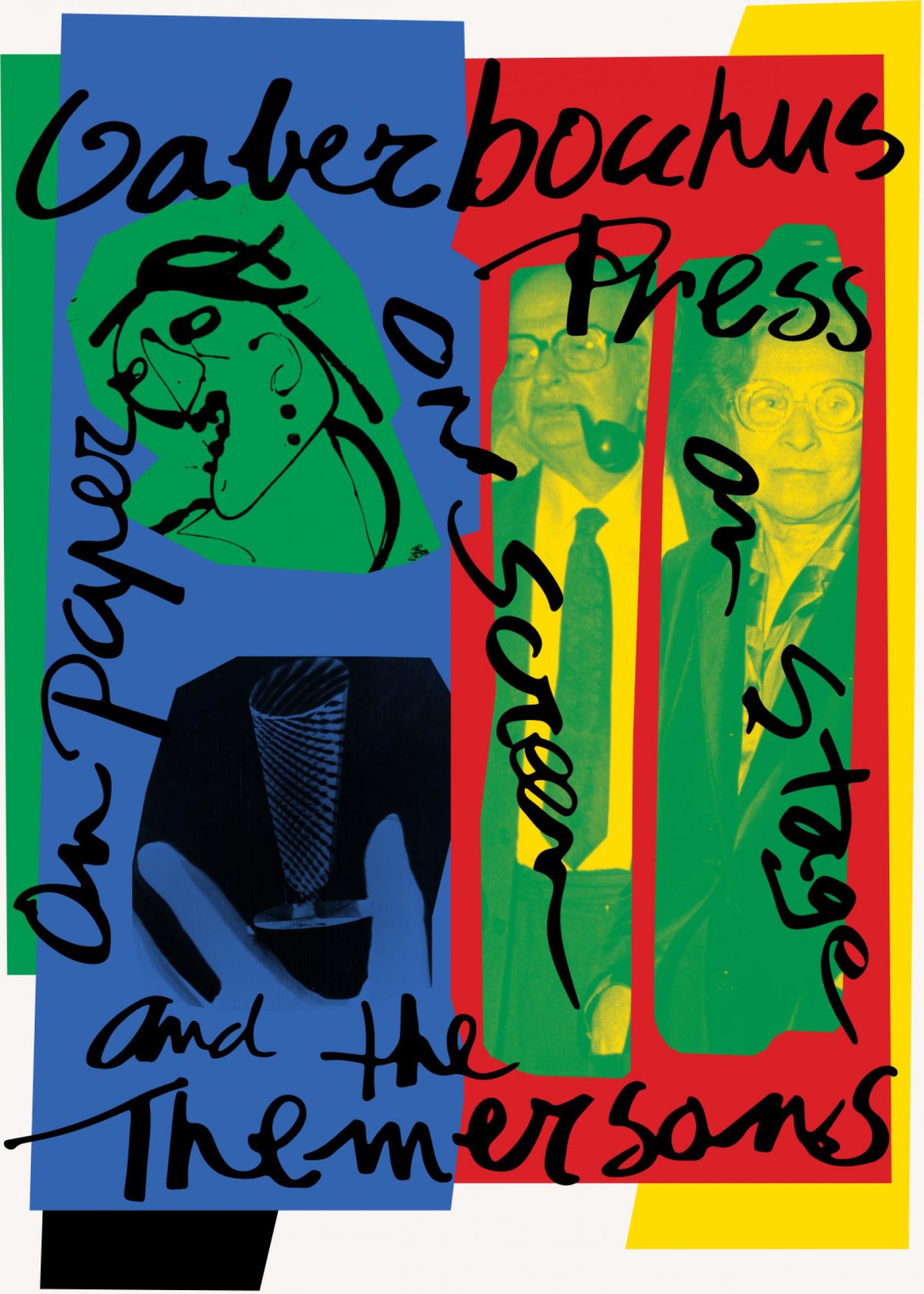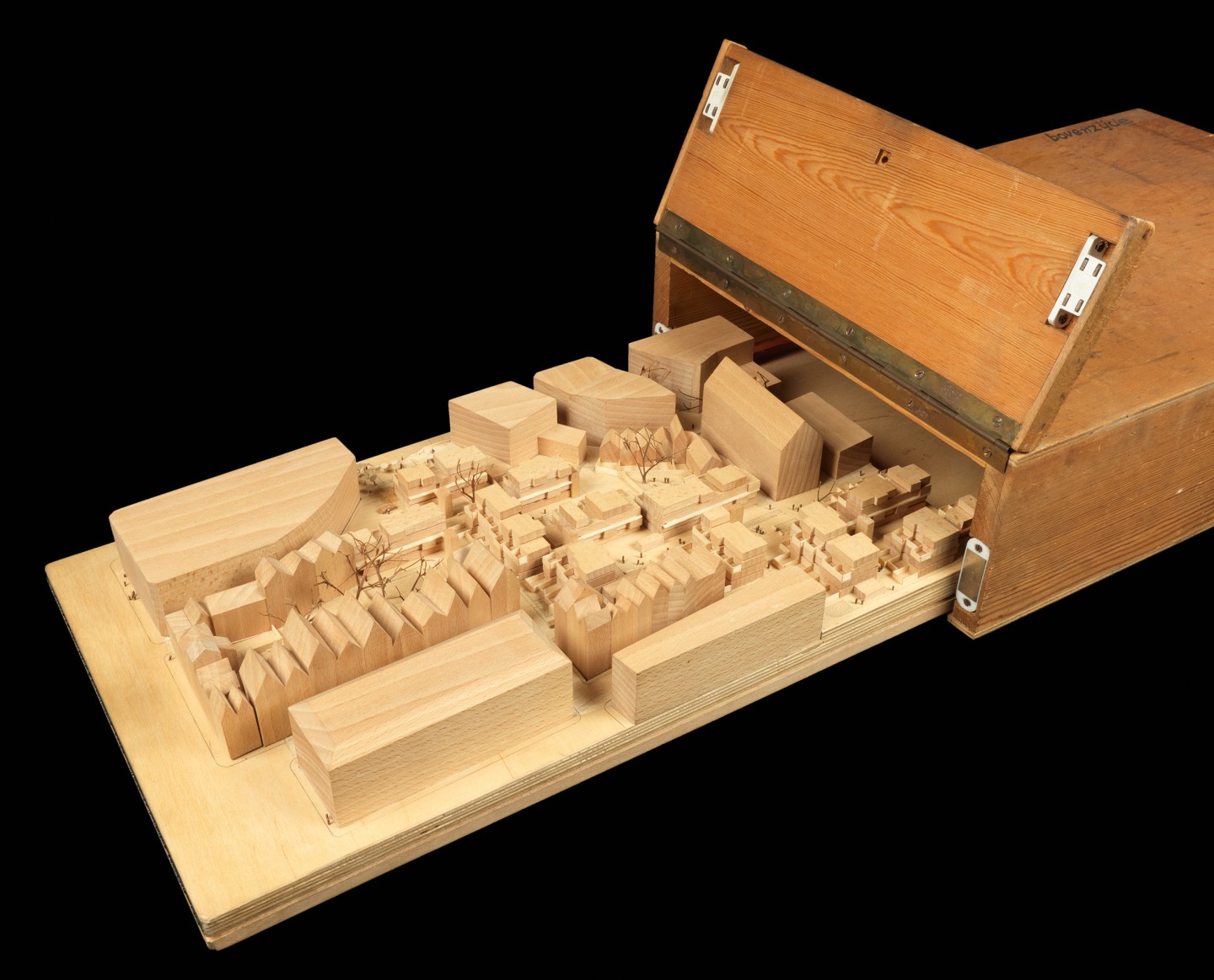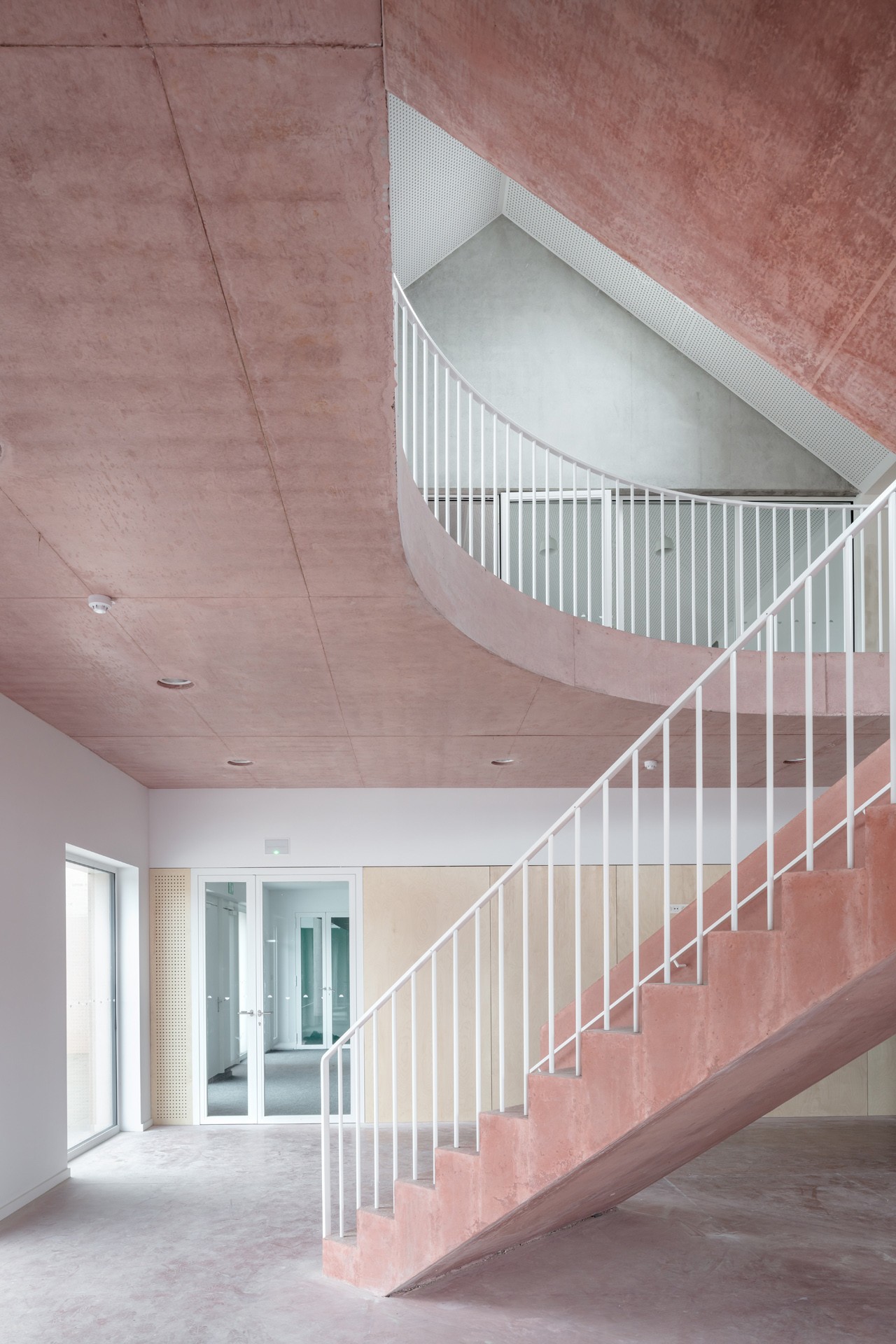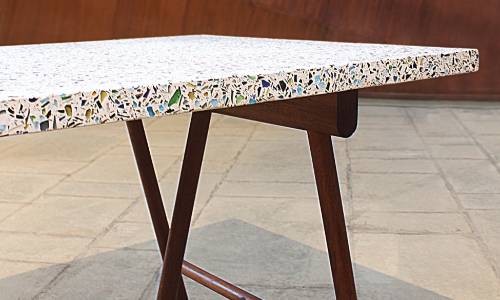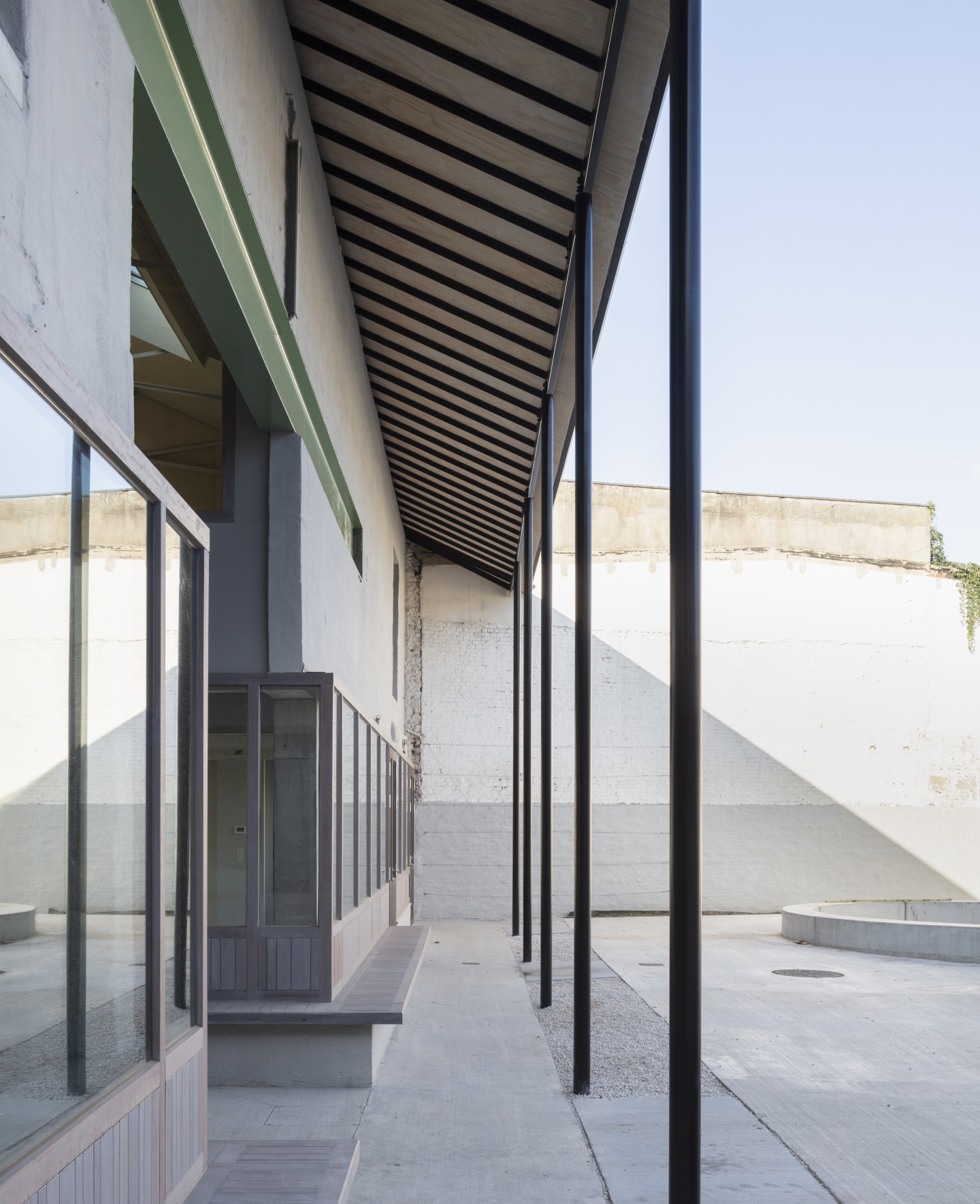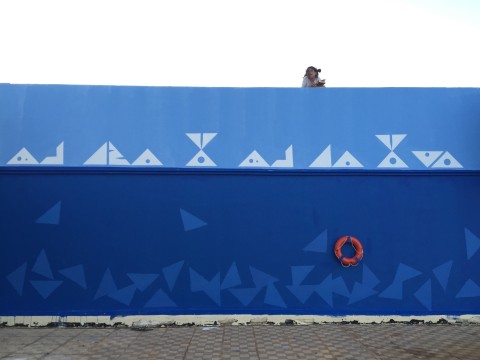Imagine for a moment that, not Donald Trump, but Bernie Sanders had been elected US President. Imagine also the skyline of Antwerp, with not only the cathedral, but also a mosque and a synagogue. And what would we think of contemporary art if our references included, not only the likes of Andy Warhol and Damien Hirst, but also Andrea Fraiser and Kara Walker? What would contemporary dance mean if, after Maurice Béjart, Anne Teresa De Keersmaeker had not broken through? What would our view of humankind and society be if, instead of Jean-Paul Sartre and Pierre Bourdieu, we had taken Audre Lorde and Donna Haraway as our reference points? How would we handle our everyday affairs if we didn’t allow ourselves to be swayed by the issues of the day through social media? And imagine for a moment that the news included as much cultural news as sport.
Under the banner ‘Radical Imagination’, Integrated2019 is inviting leading international artists, designers, architects, scientists, politicians and activists who offer us a radically different view of the world and of our future. We are not talking about creative visionaries who hold this or that otherworldly idea, nor about those who, under the diktat of ‘mainstream influencers’, want to saddle us with the latest trends. No, what we’re talking about is a platform for unique perspectives that speak to the collective imagination, panoramas that realign our image of art, technology and design, that readjust our perspective on a city, country or society and that, as a result, make us restless and self-critical. These new visions – whether they are political, scientific or aesthetic – not only have the power to move our world view, but also inspire us to think and act differently. So the imagination speaks not only to the individual in the first place, but also to the collective consciousness, or as, Max Haiven and Alex Khasnabish, the sources of inspiration for this Integrated edition, put it: ‘we understand the imagination as not merely the “private property” of the individual. Through shared experiences, language, stories, ideas, art and theory we share part of our imagination. We create, with those around us, multiple, overlapping, contradictory and coexistent imaginary landscapes, horizons of common possibility and shared understanding. These shared landscapes are shaped by and also shape the imaginations and the actions of their participant individuals’ (Haiven & Khasnabish, 2014: 4).
Radical Imagination thus shows the real power of creativity, i.e. the ability to create a new world and to depict an alternative world view. In doing so, the conference wishes to inspire the artistic and creative sector (in the broadest sense), to challenge researchers at university colleges and universities, but also to sharpen our political thoughts to help us get out of the social and ecological impasses we find ourselves in today.
According to philosopher Slavoj Žižek, we will only overcome today’s problems if we dare to push back the boundary between the possible and the impossible. That is why he demands that contemporary scientists once more ‘learn to think’ the impossible (Žižek, 2013). Translated into an artistic context: how can the imagination be used to perform the impossible? Simply by today already feeling, smelling, hearing and seeing how another world could be possible, we can learn to experience something as possible which we considered impossible beforehand.
Integrated 2019 offers a platform for people who challenge us to think beyond the contemporary dogma of pragmatics, functionalism, market realism and realpolitik, precisely because, to return to Žižek, today ‘the only realist option is to do what appears impossible …’ To that end we are inviting artists, politicians and scientists to dance together on the ‘aesthetic horizon’. A horizon which, according to Alexander Gottlieb Baumgarten (2009), is not the place for putting on airs and graces, for slick beauty or seductive designs. In the aesthetic horizon, it is precisely the sharp border between fact and fiction that is traded for a fluid area in which logics and aesthetics, the cognitive and the sensitive come into contact with one another and sometimes blend inextricably. Wary of distant utopias or such daydreams, but with the artistic ability to translate that world here and now. This aesthetic experience thus becomes a form of prefigurative politics (Boggs, 1977): to let people experience tangibly in the present already how a better future could look and especially how it could be ‘experienced’. It is precisely the ground of this fiction and the sense of play that offer us the laboratory to experiment today already that other, possible future.
Integrated2019 brings together the world of fiction with that of science and politics precisely in order to explore in practice where we can make possible the impossible. In doing so we hope to give the work of Haiven and Khasnabish a proverbial boost and to help shape the space for radical imagination: ‘a space where an awareness of difference can lead to new ideas, alliances, solidarities and possibilities’ (2014: 244).
As during the previous editions, Integrated welcomes a large and diverse public composed of students, teachers, policy-makers, scientists and professionals from the creative and cultural sector. For the first time, it will be organized in collaboration with St Lucas School of Arts Antwerp, the Royal Conservatoire of Antwerp and the University of Antwerp (Antwerp Research Institute for the Arts). This collaboration offers more opportunities to bring speakers in contact with students and professionals via discussion platforms, round-table discussions, intensive workshops and master classes. The iconic building of deSingel is a wonderful location for a ‘speakers’ corner revisited’, where anyone and everyone can declaim, act, present or perform.
Integrated has more than ten years’ experience in bringing together leading international artists, architects and designers such as Cecilia Azcarate, Matthew Carter, Christo, Sara De Bondt, Uta Eisenreich, Anja Groten, Julia Hasting, Morag Meyerscough, Moniker, Mike Monteiro, MVRDV, Dan Perjovschi, Post Brothers, Recetas Urbanas, Lucienne Roberts, Stefan Sagmeister, Paul Sahre, Nadya Tolokonnikova, Storm Thorgerson, Oliviero Toscani, etc. The speakers who feature on the wish list for this edition reflect a very special spectrum.
Hugo Puttaert & Pascal Gielen (Antwerp, Brussels, March 2019)
This essay is available in Dutch and English and can be downloaded from the info page.
